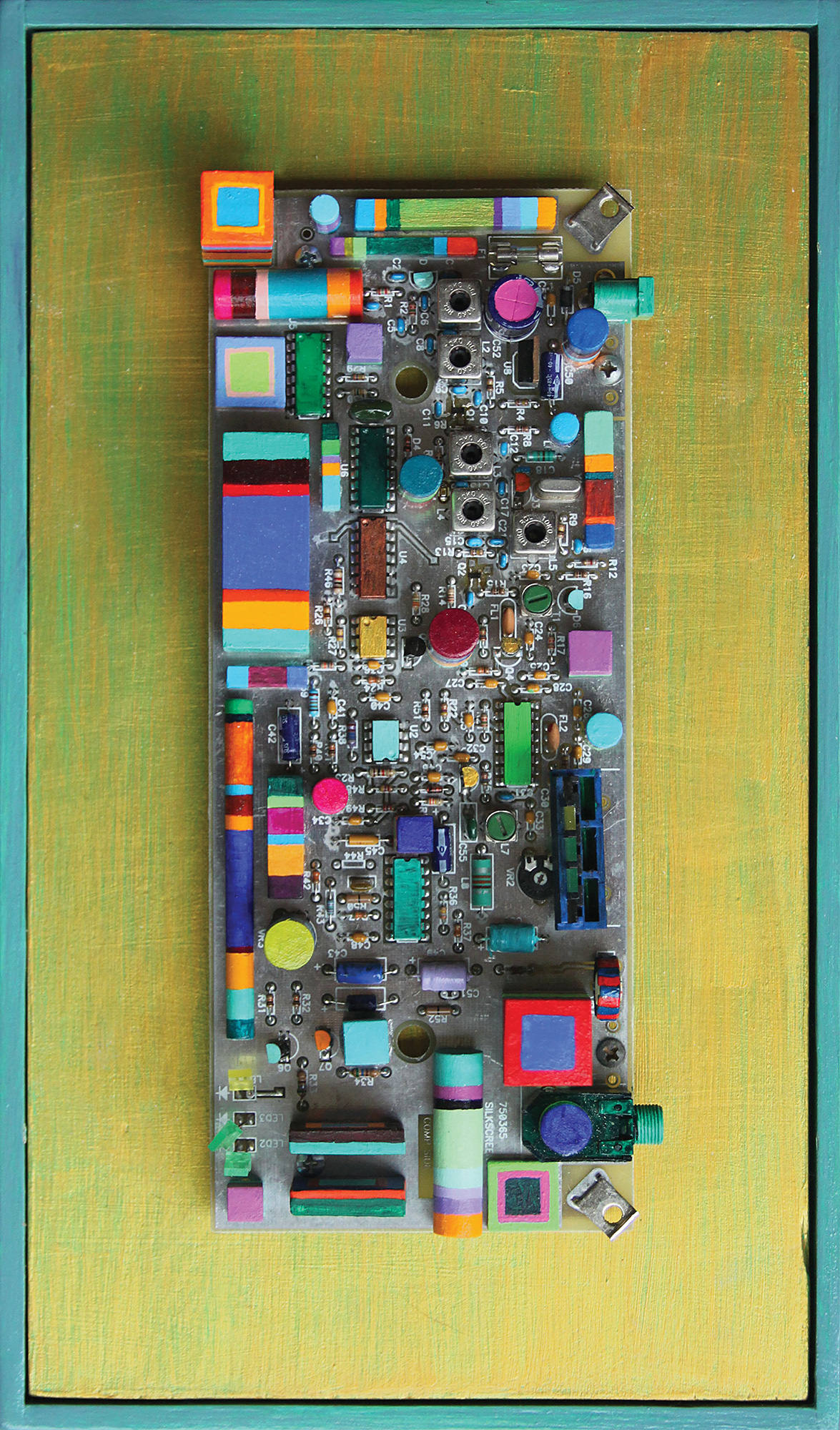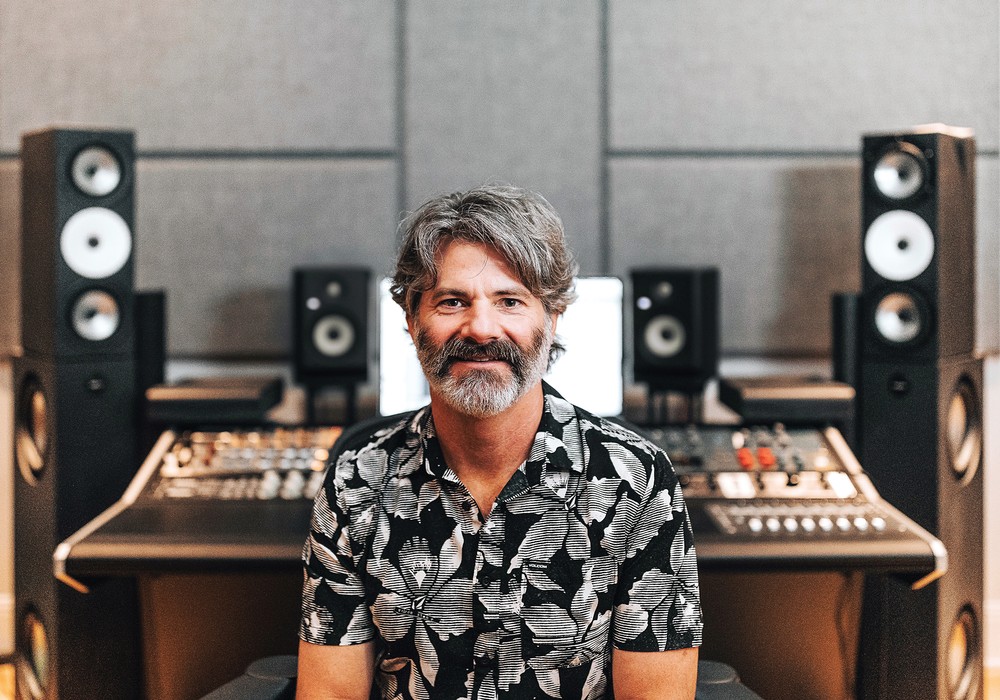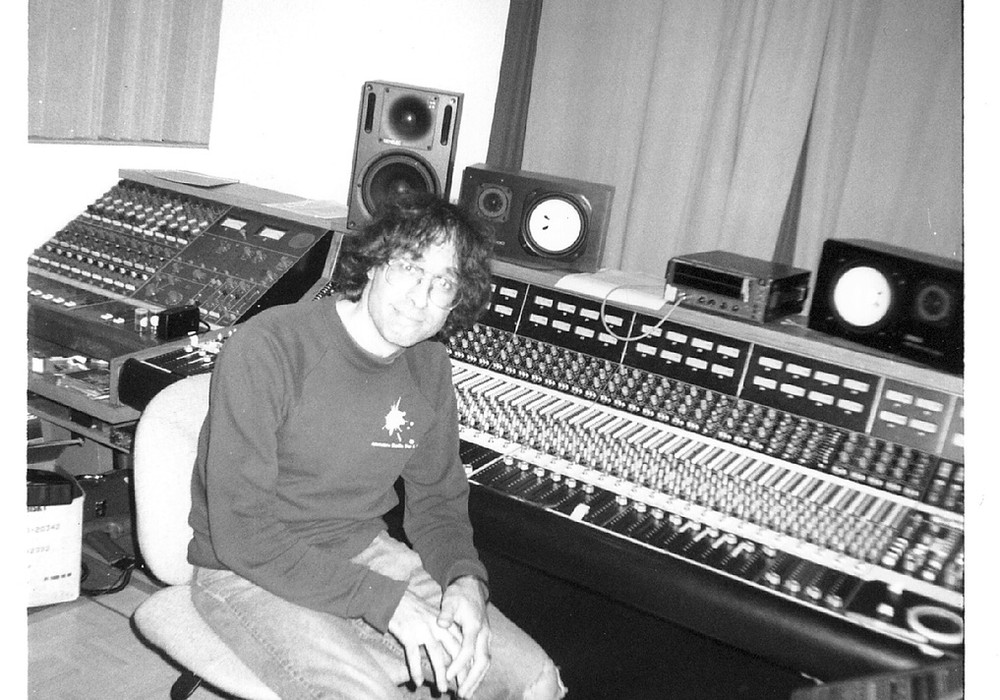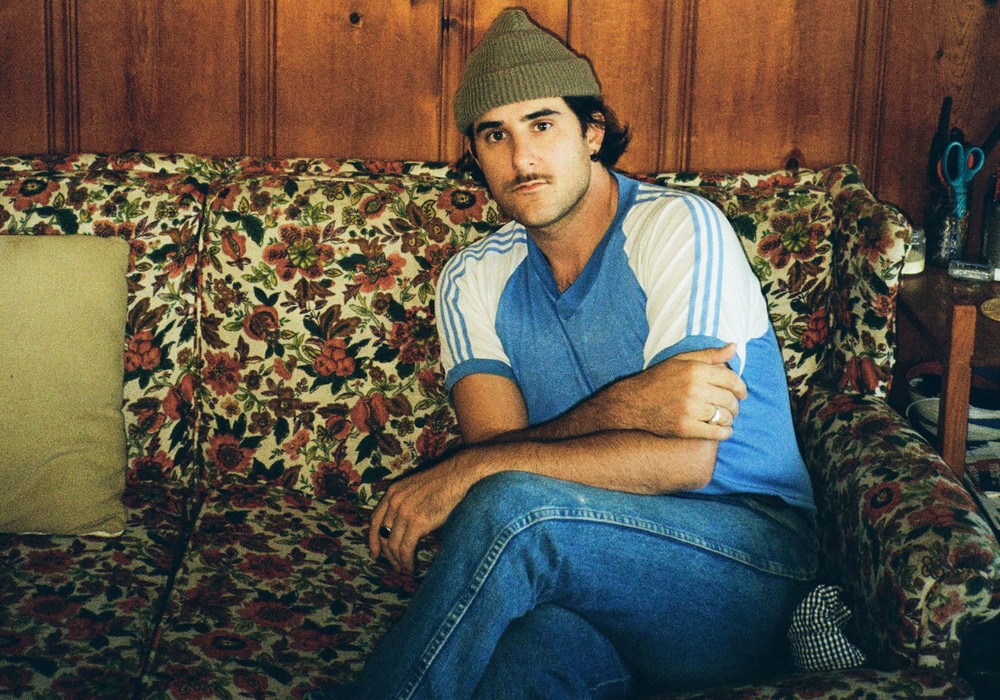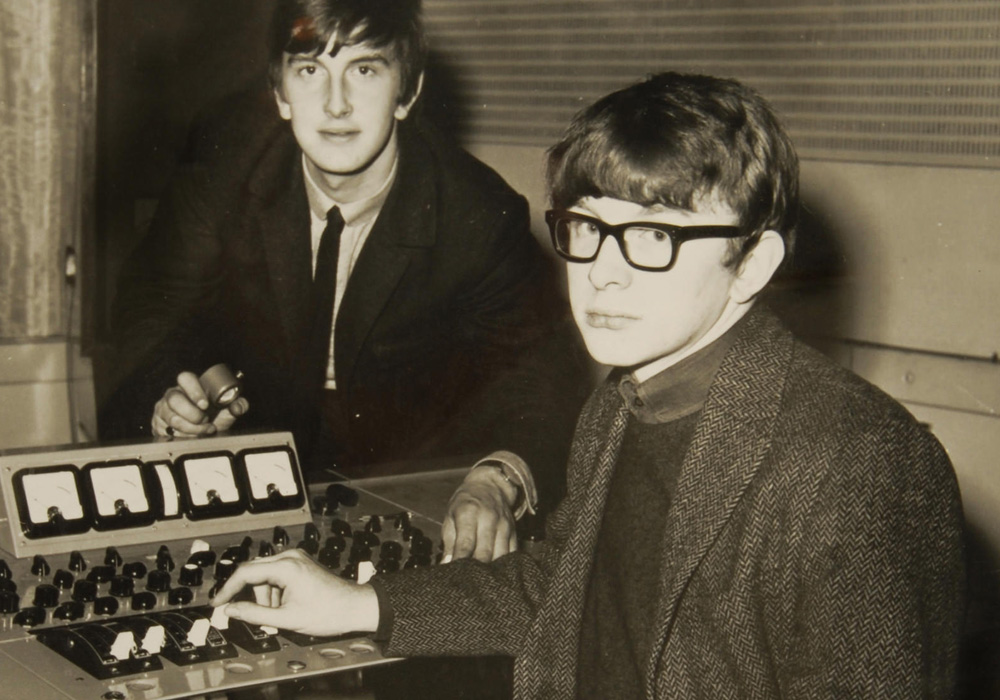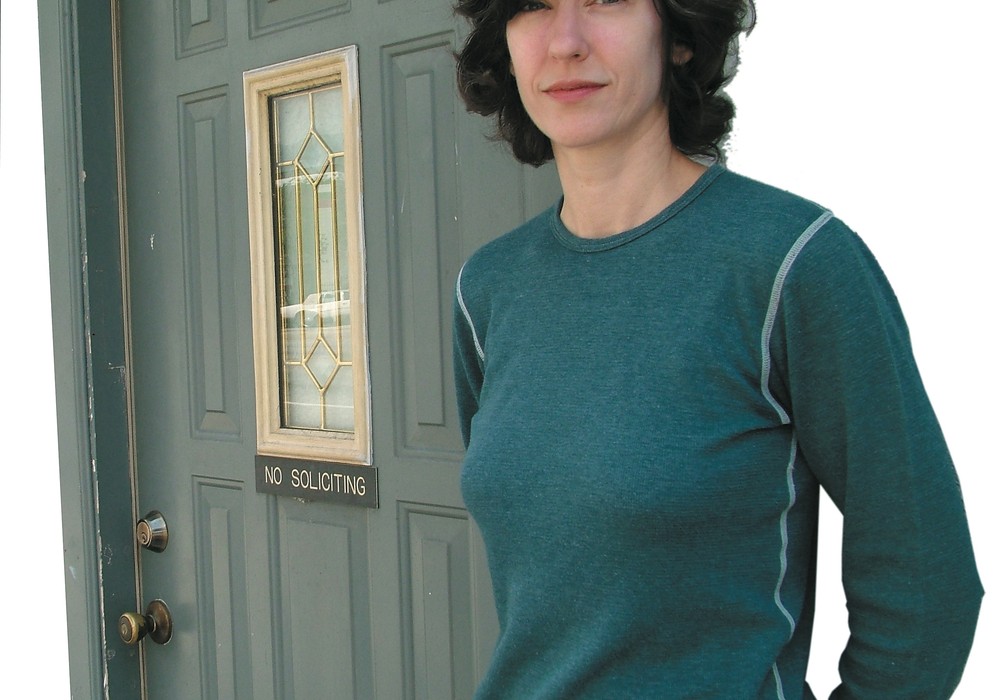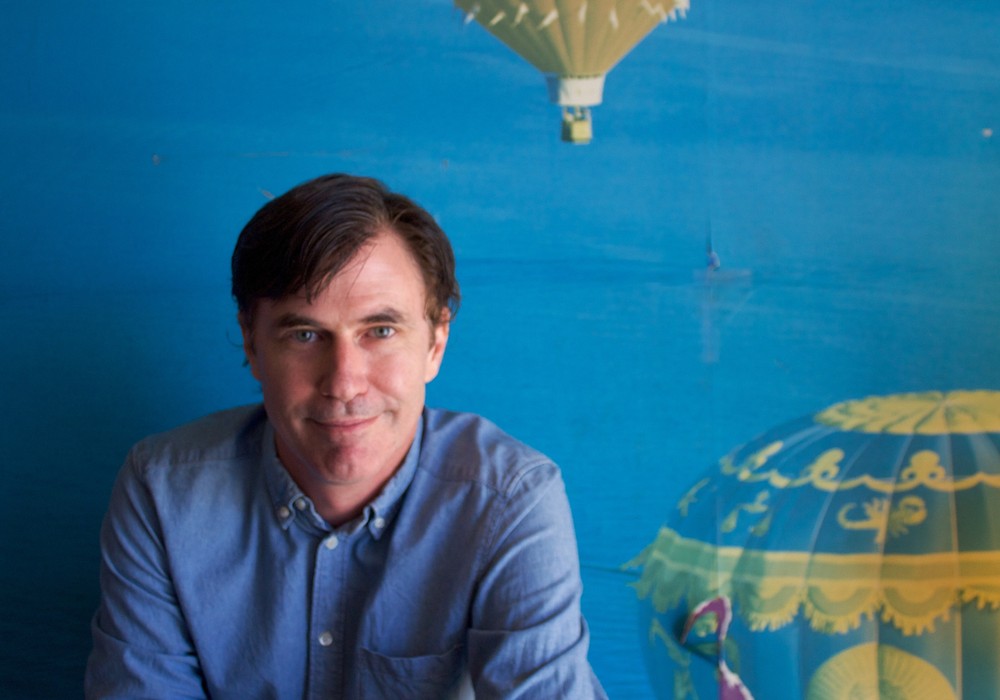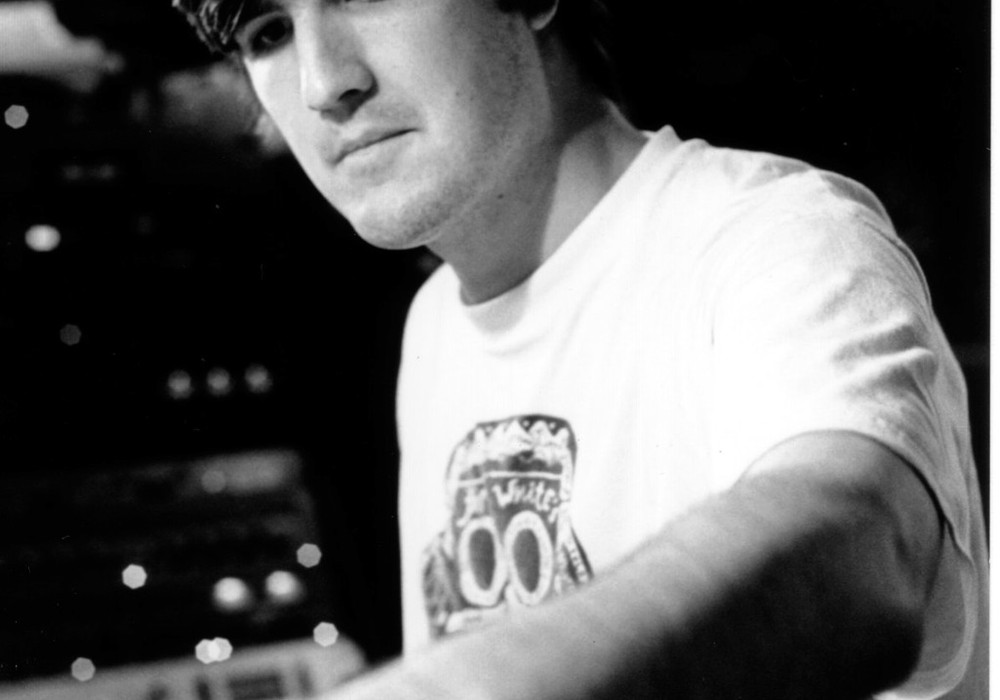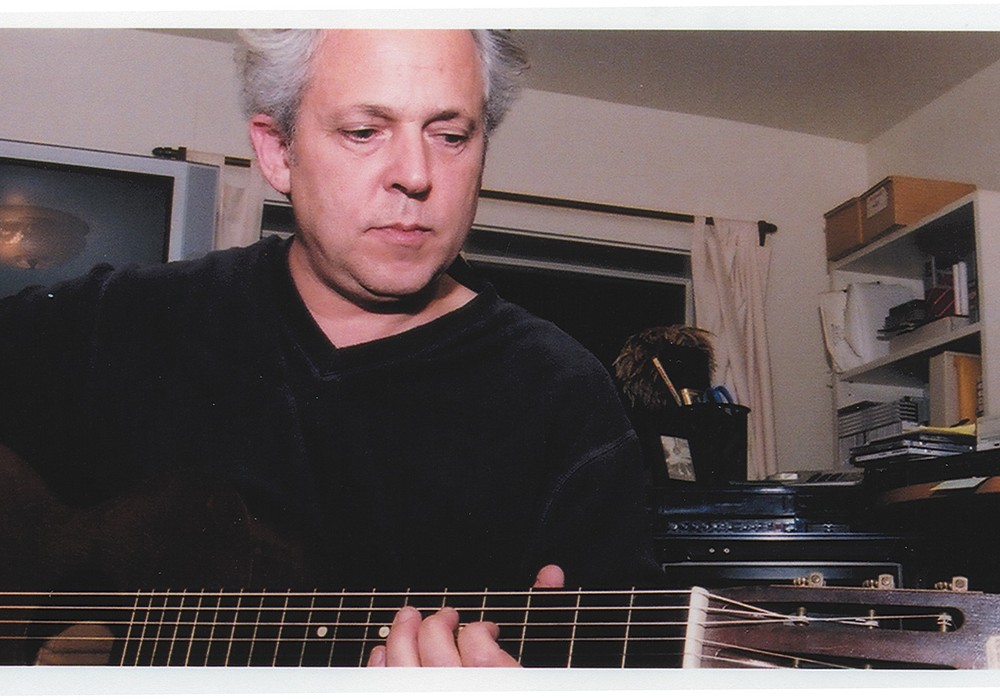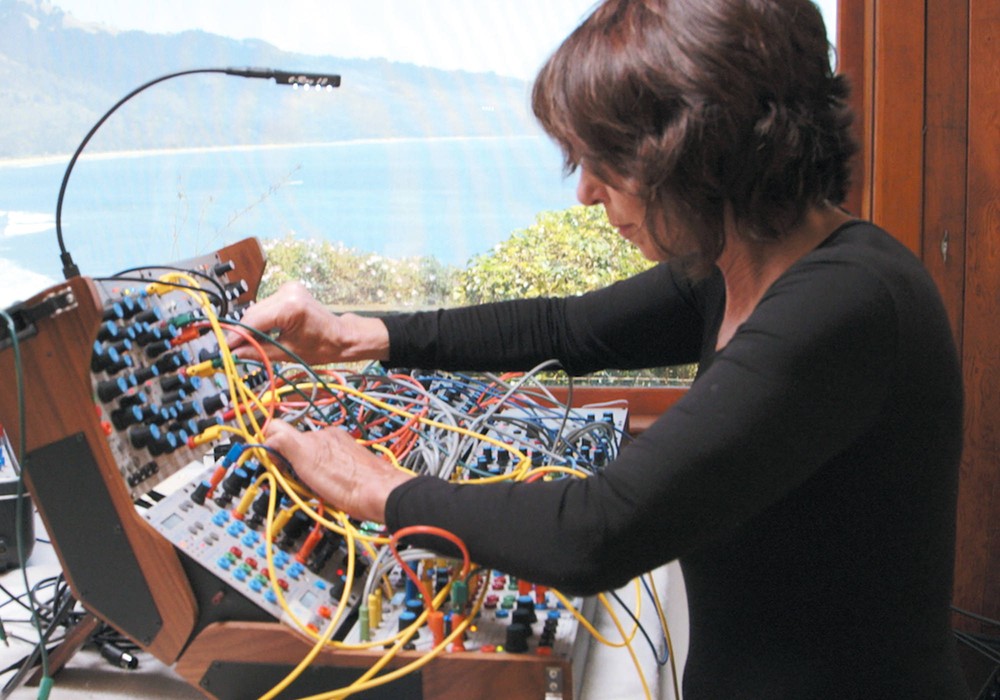I first met Jacquire King in 1997 at Toast Studios in San Francisco when he was the second engineer on my band's record [Black Lab's Your Body Above Me], produced by David Bianco [Tape Op #104]. I recall being amazed at how "on it" he was, always being one step ahead and seemingly knowing what we might need next. A lot has happened since then, and Jacquire has built quite a resume working with artists such as Tom Waits, Cold War Kids, Norah Jones, and Kings of Leon. He is currently working out of Nashville these days. Our hair is a little shorter and a touch more grey, but he still has a contagious passion for making music. We first interviewed Jacquire back in 2012 for Tape Op #88, so we sat down to catch up!
When we met, working with David Bianco on the Black Lab record, I hadn't gotten into recording at that point. I was interested in it, and I had dabbled a bit, but my interest in recording happened while making that record.
It was fantastic working with David, wasn't it?
Yes. How did you make your way to San Francisco?
For a year, I worked at a studio in Baltimore, Maryland. It was a great experience there, but I wanted to move somewhere where there was a bit more established industry and music scene. At the time, people would go to New York, L.A., or Nashville. Nashville, oddly enough, in my mind was not even in the race, because I only thought of that as country music. Even though I do like some older country music, it wasn't where I wanted to be. New York wasn't the environment I thought I wanted to be in either, because I'm not a city kid. I thought, "Well, I'm going to go to L.A. and check that out." My studio manager in Baltimore had come from the Bay Area, and he suggested that I also go and look at studio jobs there. I went to L.A. and didn't dig it there or like the people I met. I got hired at Different Fur Studios in San Francisco in August of 1988. On the eighth day; so 8/8/88.
You came from a much more British, teaboy-on-up path.
Absolutely. There's a lot of information that's shared. I've come up with this little thought lately, that just because you know how to use a tool doesn't mean that you know when to use a tool. A lot of people who are starting out feel empowered by all the knowledge they have, and their exposure to this gear, but at the end of the day it's about people skills, and understanding what your personality and demeanor needs to be around people, and also not having too strong of a personality in any one situation. You always have to adapt. The environment is meant to make the artist comfortable and bring the best out of the artist. That becomes a conversation with the artist and producer. Everybody else is trying to follow their lead. Some people don't understand how to adapt their personality and presence to fit those different situations. Sometimes, as an engineer, or assistant engineer, you're invited to be more assertive. That's desired in a group setting, but it's not always that way. People haven't been mentored.
Can you talk a little bit about that "people" portion of production? You're at a point now where you get to pick and choose, to some degree.
To some degree, sure.
Are you making your decisions on who you work with based on the people, the music, or both?
It's definitely a combination. I've redirected myself in the past couple few years. When you find success, dealing with it is also hard. There's always a rise and fall to your success, and it's an adjustment, because people start telling you how great you are. We all want recognition, and to be told we're doing a good job. That's human nature. Records selling and people being familiar with your discography, and having some impact, of course that's part of it; but if you want to have a sustained career and actually be happy with what you're doing, you've got to do it for the right reasons. That success becomes more internal. Even at the time I worked with you guys [Black Lab], you guys needed to do a few B-sides for your album and you asked me to co-produce and engineer them.
Right.
That was an acknowledgement. I felt successful; my hard work ethic, my being ready, being prepared, being a good person to be around, and trying to contribute to the group – the reward I got for that was, "Can you help us?" As you go through a career, you have to make that transition from being viewed as the second engineer, to being in the engineer's chair, and then getting to mix and produce. You always have to be breaking the mold. Those are the successes I've had,...
